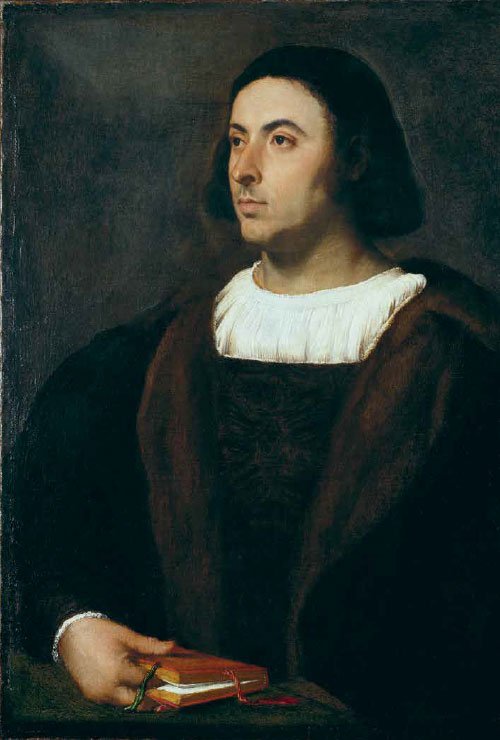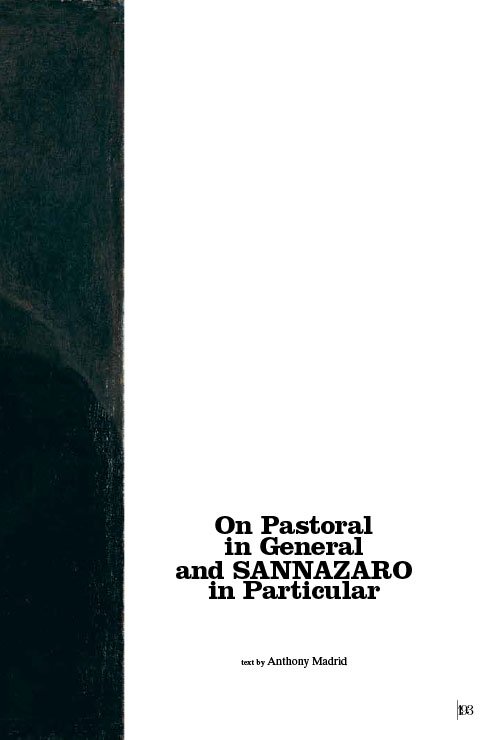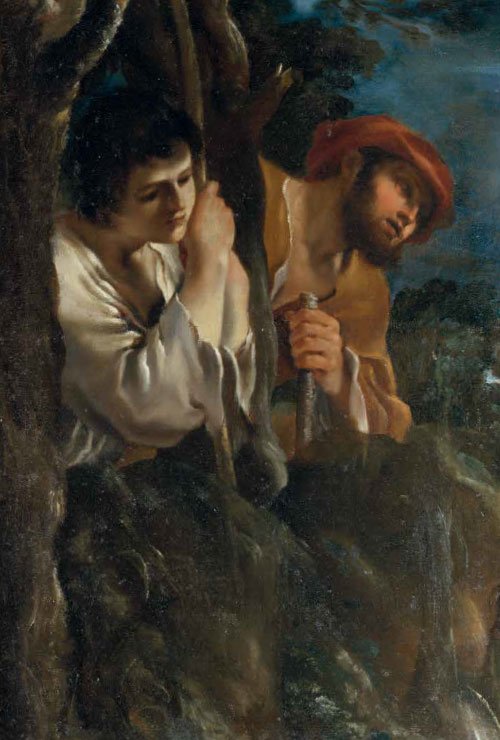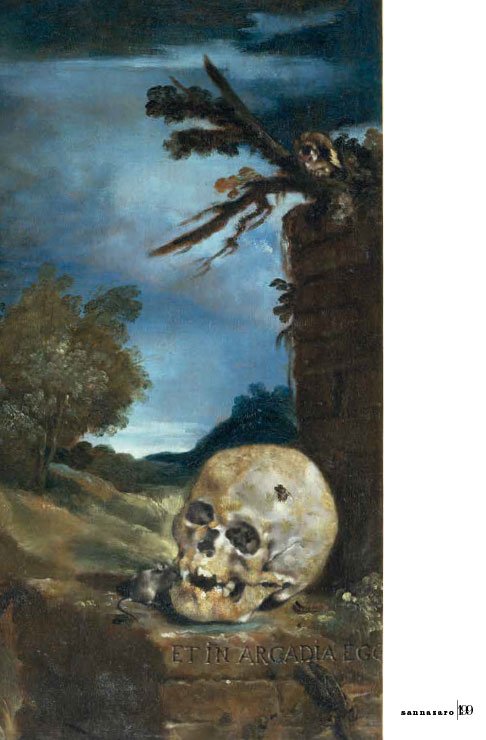Vol. 4
On Pastoral in General
and Sannazaro in Particular
text by Anthony Madrid
A misunderstanding about the pastoral is that it was just about dress-up. Poets would concoct wholesome conversations between shepherds, sprinkle in a few goats and love babble, and present rural life amidst fermenting bags of milk as something desirable. They were hinting either that city life was worse or (surprisingly) that city life was better. But pastoral had little to do with shepherds.
There is a kernel of truth in this misconception. Pastoral poets did not particularly care about shepherds. But otherwise, the theory is far off the mark. While pastoral was not about rural life per se, nor was it vacuous. If modern readers were not so willing to attribute infinite perversity to the ancients, they would see that pastoral could hardly have maintained its popularity for 2,000 years had it simply been an exercise. Pastoral was not just popular; it had urgency.
In the ancient world, the Good was often the enemy of the Pretty Good. The reasoning was: “If The Iliad is the greatest poem, shouldn’t you strive to pen a version of that? Shouldn’t you gear your whole poetic existence towards arriving at and maintaining the headspace necessary to write something exactly like The Illiad?” And yet, certain situations, impressions, and tones of voice could never occur in Homer. So, what were you supposed to do with that material? Were you to avoid writing about such things altogether?
To read more, purchase volume 4 of IL LIBRO - Autumn 2022





